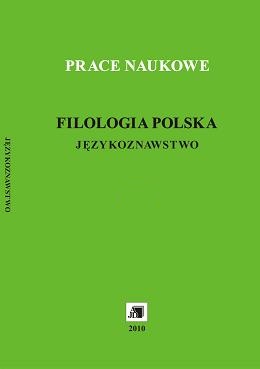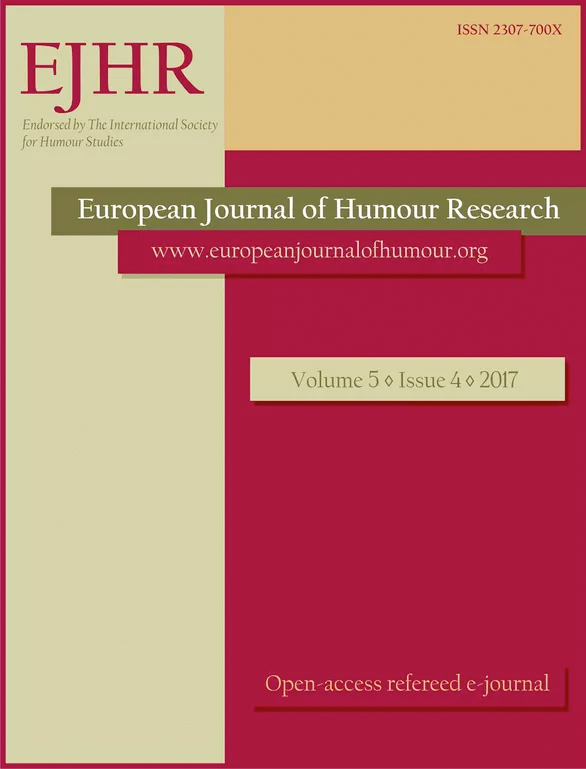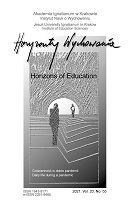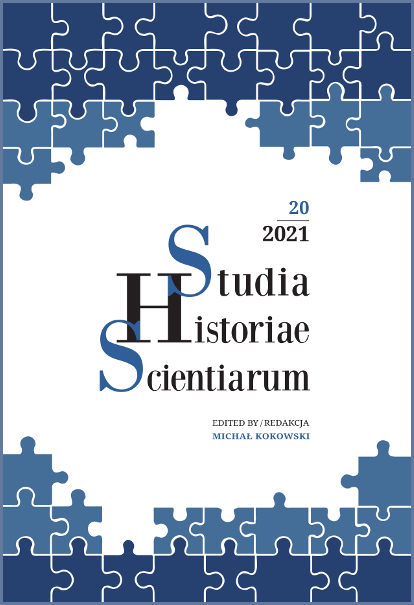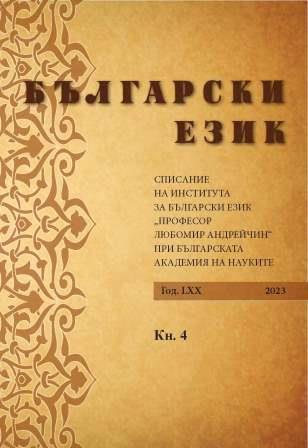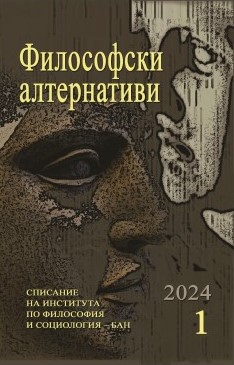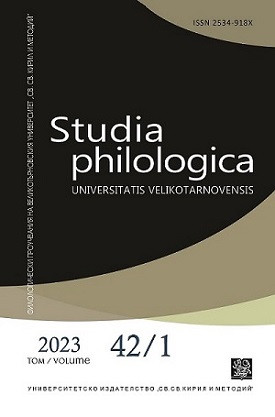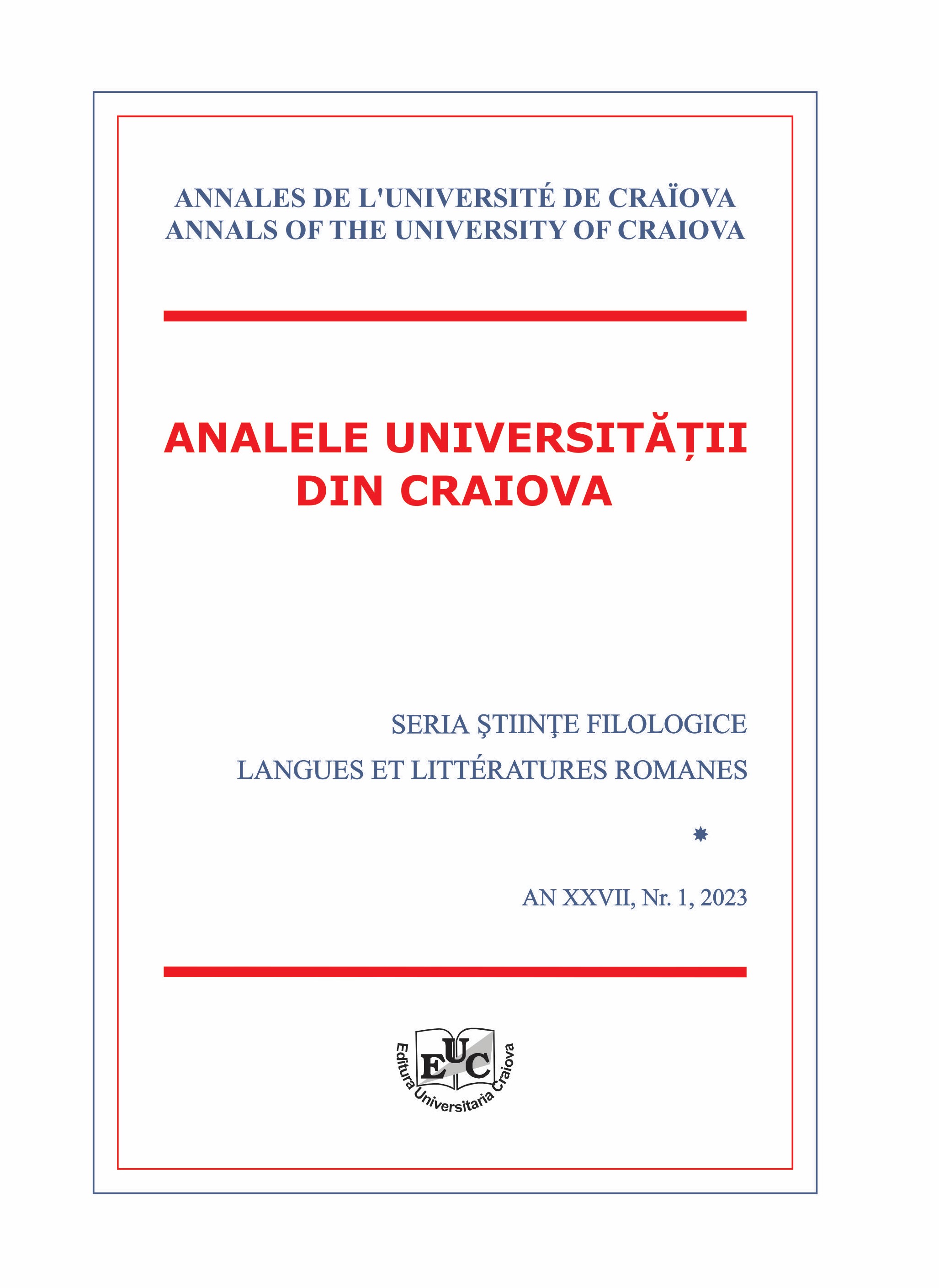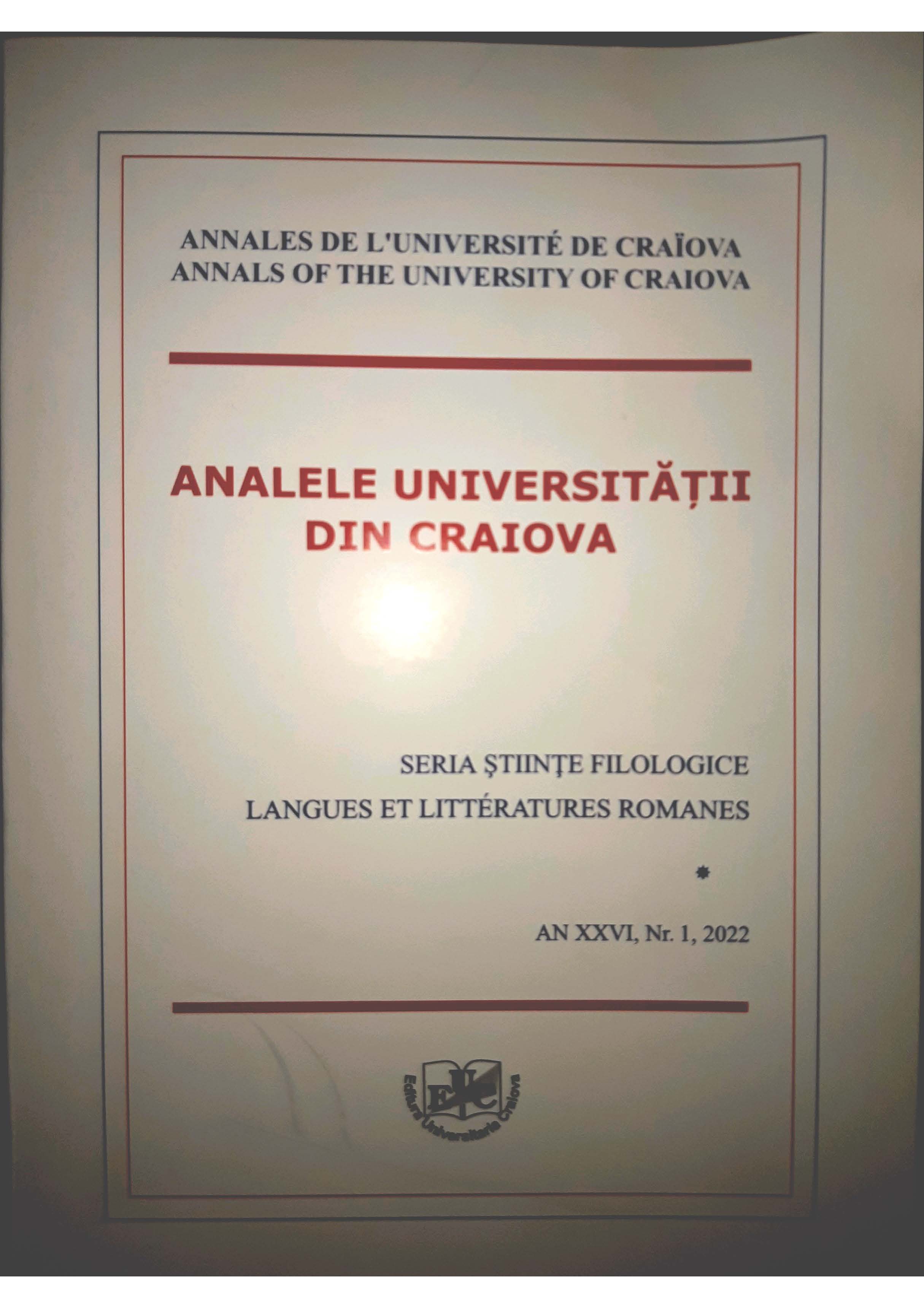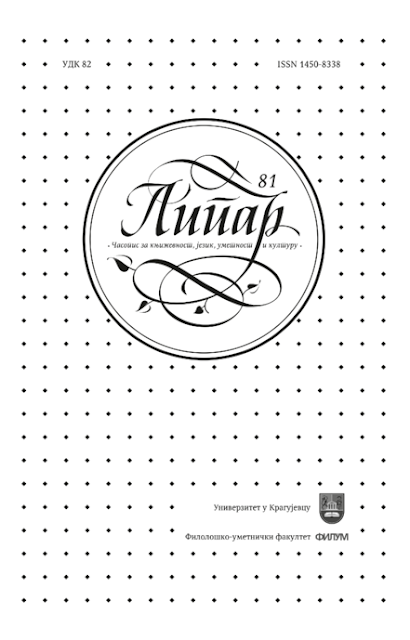Author(s): Mariusz Chrostek / Language(s): Polish
Issue: 20/2021
University of Lviv; Jan Kazimierz University; Lviv Polish Studies; Juliusz Kleiner; Eugeniusz Kucharski; monographs of the three poet-prophets; Polish Romanticism; study of Romanticism; Polish literary studies until 1939; history of literatureThe aim of the article is to show the exceptional merits of Polish Lviv-affiliated literary scholars in the study of Romanticism against the background of the achievements of scholars from other Polish universities. The analyzed problem covers the period until 1939, as this was when the Polish university in Lviv ceased to function. Interest in native Romanticism, especially in the three poet-prophets: Adam Mickiewicz, Juliusz Słowacki and Zygmunt Krasiński, was central to the work of positivist, Young-Poland and interwar-period philologists. The comparison of the achievements of Lviv with the “rest of Poland” includes monographs by the greatest authors along with their evaluation, dissertations and articles, as well as the methodology used in the research. During the Partitions of Poland (that is, until 1918), Polish studies experts from Lviv competed mainly with those from Kraków (Jagiellonian University) and several others from Warsaw. Most of the monographs on the three poet-prophets were written in Kraków, but it was in Lviv where Juliusz Kleiner wrote the best of them (on Krasiński). Kraków philologists would rely on an outdated methodology (they assessed literature on the basis of the ideological views of writers, without interpreting the works themselves). Meanwhile in Lviv, it was the text of the literary works and its artistic value that were mainly explored. Before 1914, Juliusz Kleiner developed a modern methodology (a literary work in the center of interest) and formulated the concept of the period of Romanticism that was later adopted by other scholars. Kleiner’s views became the basis for research into interwar literature.In the Second Polish Republic (1919–1939), there were six active universities: in Lviv, Kraków, Warsaw, Vilnius, Lublin, and Poznań. At that time, the field of Polish studies in Lviv was at its zenith, owing largely to the further outstanding achievements of Juliusz Kleiner, which were considered the best in Poland and timeless. They include, among others: two extensive monographs on Słowacki and Mickiewicz, the excellently compiled Complete Works of Juliusz Słowacki (most volumes), or the history of Polish literature released in Polish and German. In addition, Lviv was the place of work for Eugeniusz Kucharski, prominent expert on Aleksander Fredro in Poland, as well as for Konstanty Wojciechowski and Zygmunt Szweykowski, both eminent specialists in Polish novels. The city was also the place where the Adam Mickiewicz Literary Society was active since 1886 (it branched out into other cities after 1919) and the place of publication of Pamiętnik Literacki, the most distinguished literary research journal. Compared to other cities, Lviv gathered the largest group of scholars who studied Polish Romanticism and who devoted the greatest number of publications to it.
More...
